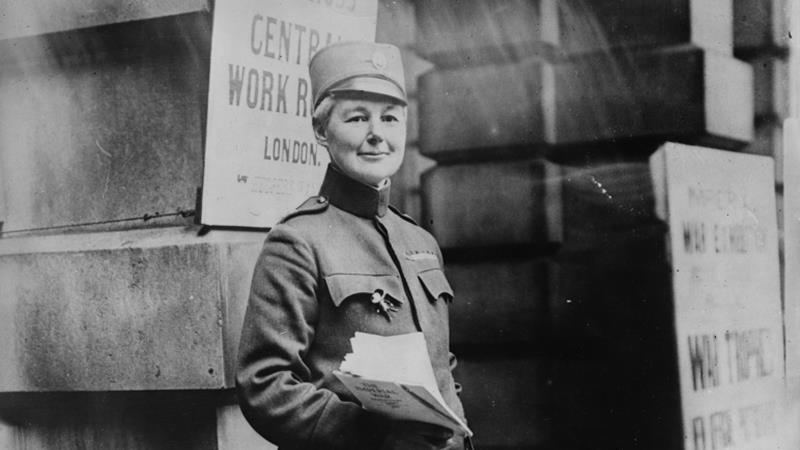Driving a cab in the streets of Belgrade, a former British nurse told the stories of her heroism in the Great War and that how she was awarded the highest military award in Serbia.
Flora Sandes was the only British Woman who was officially commissioned to serve as a soldier in the First World War.
Although her plunge into the conflict was purely circumstantial, she nevertheless made a name for herself due to her bravery and commitment.
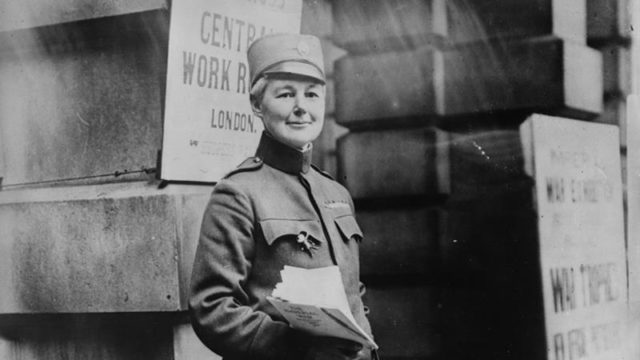
Sandes was initially a volunteer with the St. John Ambulance and travelled to Serbia before the War.
As the First World War broke out and Serbia started its fight with Austro-Hungarian empire, Sandes found herself enlisting in Serbian Army as a soldier.
During the conflict, Sandes was promoted to Sergeant major rank and by the time the war had finished she had become a Captain, decorated with seven medals.
Born to an Irish Family as the youngest daughter on the 22nd of January 1876, Flora Sandes spent most of her childhood in Nether Poppleton, Yorkshire.
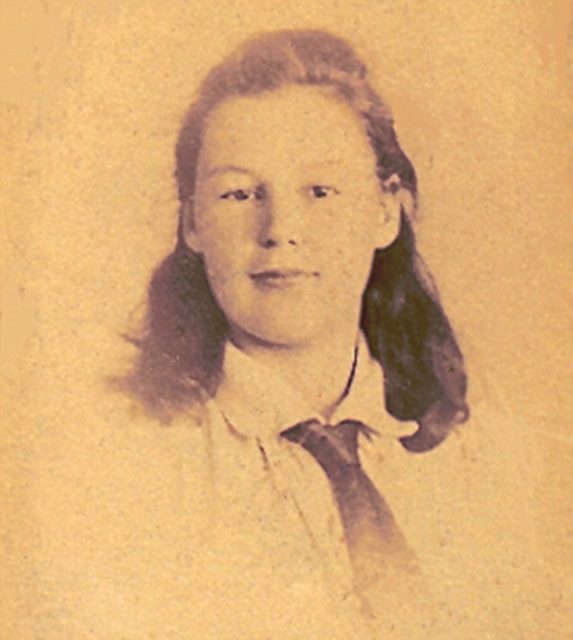
Her father Samuel Dickson Sandes was the former rector of the Whitchurch, County Cork, and her mother was Sophia Julia. After spending nine years in Yorkshire, Sandes moved to Aylesford, Suffolk, with her family and later to Thornton Heath near Croydon, Surrey.
Flora Sandes was educated most of her young life through governesses.
From a very early age, Sandes had a romance with everything that posed a challenge to her; horse-riding and shooting were her first romance, and she always wished she was a boy.
Later in her life, she learnt the art of driving and took part in local races driving an old French racing car, while she was working as a secretary in her first job.
Sandes, however, had another passion that later was to become her lifetime profession, she absolutely loved nursing and decided to get trained with the First Aid Nursing Yeomanry Corps.
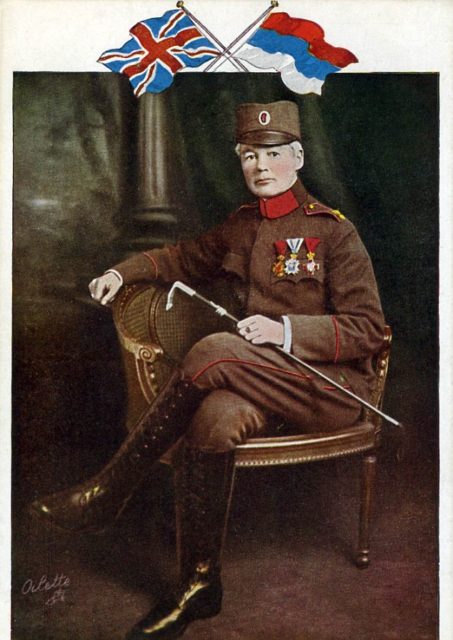
With the F.A.N.Y, which was founded in 1907 and was an all-women mounted paramilitary organisation, Sandes had the perfect opportunity to bring in all her passions of horsemanship, shooting, signalling, and drills.
After spending three years at FANY Sandes left the organization, and in 1910 moved with another renegade FANY member, Mabel St Clair Stobart, in the Women’s Sick & wounded Convoy formation.
During the Balkans War, the formation had the opportunity to serve in Serbia. With the outbreak of the First World War Sandes applied to become a nurse but was refused as her qualifications did not meet the criteria.
Sandes did not feel discouraged at losing the opportunity to become a nurse and joined St. John Ambulance in 1914, leaving England on August 12, 1914, for Serbia with a group of 36 other women to help the humanitarian services in the wake of the war.
Sandes arrived in the Serbian town of Kragujevac; the town was at the time a strong base for the Serbian resistance forces fighting against the advancing Austro-Hungarian armies.
Circumstances kept bringing Sandes closer and closer to the Serbian Army when she first served in the Serbian Red Cross and later worked on an ambulance with the Second Infantry Regiment of the Serbian military.
But when the war grew intense Sandes had to make the difficult choices, especially when during the retreat to the sea via Albania, the food ration was only available to the soldiers, and she had to enlist herself as Serbian soldier to get the food for herself.
However, Sandes quickly advance to the rank of Corporal, which was shocking to her and others. She was hardworking and did whatever was assigned to her with determination and focus.
Sandes was seriously injured during close quarters combat while the Serbian Army was advancing on Bitola; a grenade exploded, wounding Sandes badly.
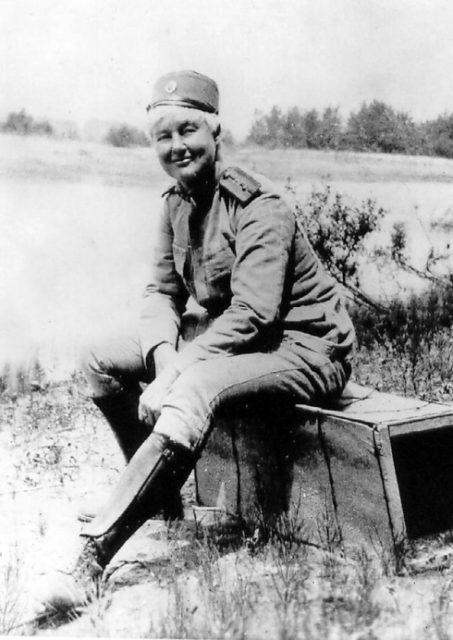
Sandes, for her bravery and dedication, received Serbia’s highest military decoration; the order of the Karadorde’s Star, and was also promoted to the rank of Sergeant major at the same time.
Sandes wrote her autobiography, An English Woman-Sergeant in the Serbian Army, in 1916, mostly based on her letters and diaries that she kept during her time in Serbia.
She actively got involved in various fundraising endeavours to support the Serbian Army after that.
Despite the fact that her injuries restricted her from actively taking part in the war, Sandes ran a hospital and always showed great interest in serving despite her injuries.
When the war finally ended, Sandes was commissioned as an officer, and became the first woman to be commissioned at the time; she was finally demobilized in October of 1922.
